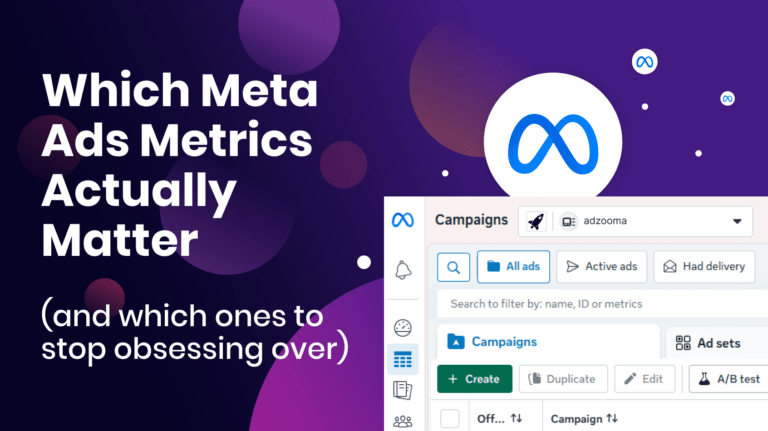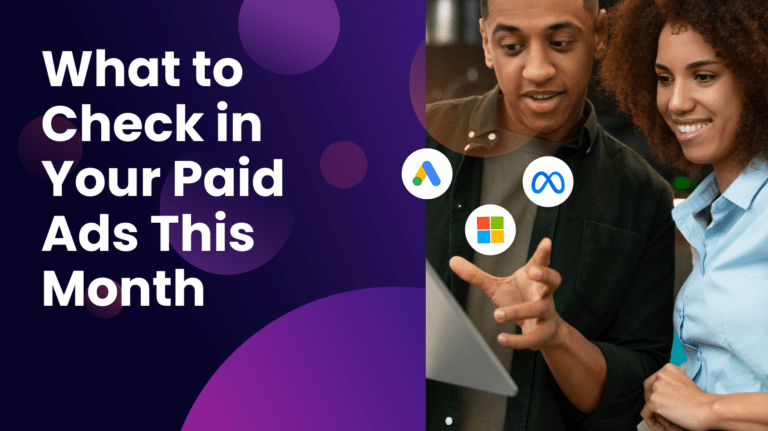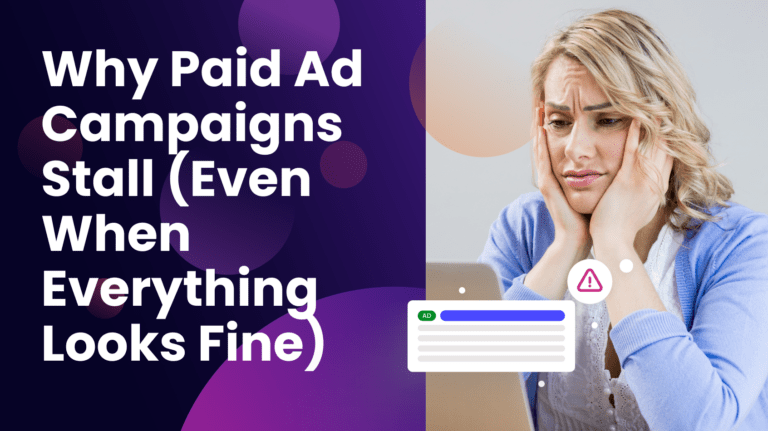Want your ads to get more clicks and more conversions? The success of your Google Ads campaigns can be down to many factors. One of the most significant factors is your Quality Score.
A high Quality Score can lead to higher-performing campaigns by ensuring that your ads get displayed in the right places. The following guide can help you to understand your Google Ads Quality Score better as well as helping you to improve it.
What is a Quality Score?
Your Quality Score takes the form of a number between 1 and 10 (10 being the best and 1 being the worst). You can find it on your Google Ads account under the Quality Score column.
Your Quality Score is an aggregated estimate of your overall performance in ad auctions. It is used to determine the placement of your ads and can impact the amount of money that you pay on ads before you start seeing results.
How is Quality Score calculated?
Your Quality Score is calculated using data from past campaigns as well as the use of keywords. It is a mixture of three things:
- Your ad relevance
- Your expected CTR
- Your landing page experience
Ad relevance is calculated by measuring how closely related your keyword is to your advert. The more related your keywords are to your ads, the higher your quality score.
Ad relevance makes up about 22% of your Quality Score.
Expected CTR (click-through rate) determines how likely your keywords are to result in clicks. The average CTR for search ads is 1.91%, while the average CTR for display ads is 0.35%.
Expected CTR makes up 39% of your Quality Score (so it’s quite an important aspect).
Landing page experience, meanwhile, is a measure of how well your landing page matches up with your ad and keywords (does the text on the landing page relate to the keywords you have used?).
Landing page experience equally equates to 39% of your Quality Score.
Why is it important?
Your Quality Score is important because it has a profound impact on how well your ad campaign performs. Lower Quality Scores contribute significantly to wasted ad spend.
Ultimately, the higher the Quality Score, the less you pay for clicks so, in turn, that brings down the cost per conversion (CPC) and increases your return on investment (ROI).
Relationship with Ad Rank
Quality Score also has an impact on your Ad Rank, the position in which your PPC ad sits on the SERPs. If you have a high Quality Score, you are more likely to rank higher – which could mean more clicks.
Ways to improve your Quality Score
There are ways in which you can improve your Quality Score to get more success out of your campaigns. Below are just some of the strategies you can use.
1. Use single keyword ad groups (SKAGs)
Using single keyword ad groups (SKAGs) can help to target your ads towards those specific search terms.
When using multiple keywords in an ad group, you could find that there’s a higher chance of triggering your ads by related broad search terms rather than the specific search terms you intended. If people click on your ads after entering these broad search terms, it can demonstrate a low CTR that will negatively impact your Quality Score.
Single keyword ad groups will increase the chance of your ad being triggered by matching search terms instead of related broad terms. This demonstrates a higher CTR and will positively impact your Quality Score.
2. Use single theme ad groups (STAGs)
The one issue with SKAGs is that you have to create so many separate ad groups and launch so many campaigns to target each desired keyword. An alternative to SKAGs than can be less painstaking is single theme ad groups (STAGs).
These ad groups contain multiple keywords, but every keyword is closely related. The similarity helps to focus the search terms that will trigger your ads, ensuring that they are a close match to your keywords.
It’s worth doing some research into keyword match types to understand close variants and broad matches better.
3. Offer relevant ad content with ad extensions
Your adverts and ad extensions must be relevant to the keywords that you are trying to target. When creating search engine ads, make sure that the keyword you are targeting is within the ad text. This will show apparent ad relevancy and is likely to boost your Quality Score.
4. Improve the landing page
Landing page experience can also have an effect on your Quality Score. Make sure that your landing page contains text that is similar to that in your ad and that the user can find targeted keywords in the landing page copy.
Other aspects of your landing page can also make an impact. If your landing page loads slowly or has poor navigation or isn’t mobile-compatible, this could reduce your Quality Score. Make sure that the landing page isn’t slow and that it is user-friendly.
Here are some tools that you can use to make sure your landing pages are the best they can be:
Read: How To Optimise Your PPC Campaigns for Mobile
5. Promote trust
Transparency and honesty affect your Quality Score. Make sure that your ad doesn’t deceive people in any way (for instance, if your ad is promoting a discount – make sure that you’re offering the same discount on your landing page). Make contact information easy to find and avoid any vagueness as to what your company does.
Don’t give Google any impression that you’re trying to hide information from them or deceive customers. If you do, your Quality Score will likely reduce, and your ads will be mostly ineffective.




